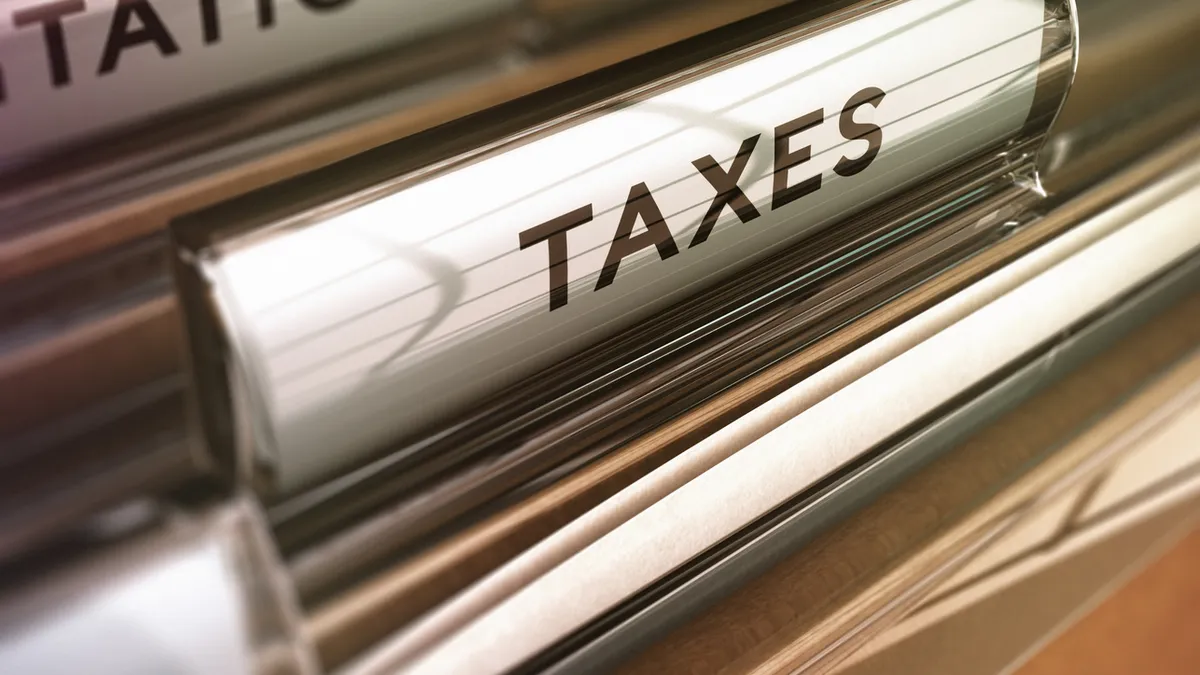The Biden administration will likely revisit the Tax Cuts & Jobs Act, the outgoing administration's signature legislative achievement enacted in 2017, to free up money for infrastructure and other priorities, analysts say.
Expect the top corporate tax rate to rise to 28%, from 21%, and a new 15% minimum tax on book income for companies with net income of more than $100 million but owe no U.S. income tax, effectively an alternative minimum tax on companies.
The new tax on book income would complicate tax strategies by making it harder for companies to take advantage of targeted incentives, such as the immediate deduction for short-lived property and equipment investments. But companies might be able to offset some of these missed opportunities by tapping foreign tax credits and net operating loss carryovers, analysts say.
The increase in the top corporate tax rate, to 28%, would represent a 33% increase over today's rate, but still be below the 35% top rate in place prior to the 2017 law. It would also remain below the typical comparative rate in Europe.
Analysts from law firm Dechert LLP say the change, along with the new book income tax, as well as an increased tax rate on offshore income, is unlikely to change many companies' tactical decisions.
"Tax impacts are often only one of many factors motivating a transaction," Dechert analysts said in a report. "Likewise, although net returns may suffer relative to previous tax environments, it's likely to change expectations rather than change business models."
Personal tax changes
Among other changes to the tax code, Biden is expected to to raise individual tax rates for those making more than $400,000 per year, Frank Scala, partner of Marcum's Assurance Services Group in New York City, told Construction DIve. This would impact company shareholders who report business earnings on their personal returns via ownership in pass-through entities like Sub Chapter S corporations, he said.
Biden will also consider capping itemized deductions for wealthier Americans, limiting "like-kind exchanges" by real estate investors and phasing out the 20% deduction for qualified business income for upper-income taxpayers, according to Kiplinger.
On the other hand, Biden may push for new tax breaks for certain businesses. For example, he has said he wants a new manufacturing communities tax credit that would promote the renovation of recently closed facilities. Projects receiving the credit would have to benefit local workers and communities, according to Kiplinger.
He also supports a new 10% "Made in America" tax credit for companies that invest in the U.S. According to Biden, this credit would help businesses that revitalize or retool U.S. manufacturing facilities, bring back jobs that were previously sent overseas, expand operations in the U.S., or increase wages for U.S. manufacturing jobs.















